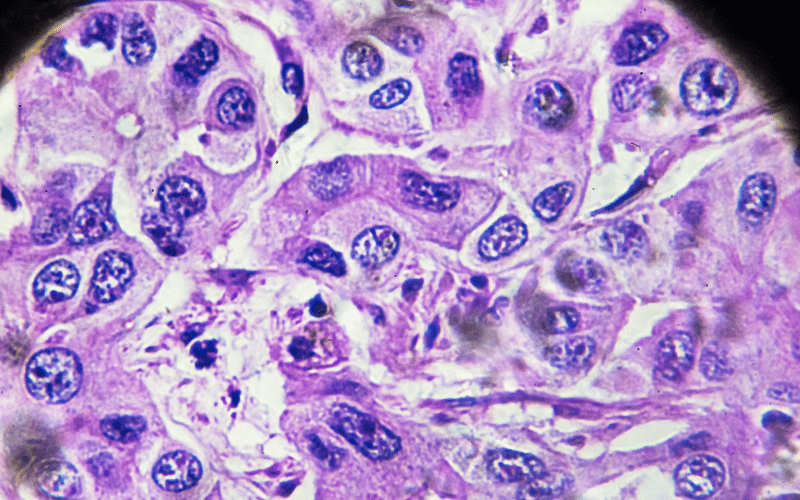Introduction: An Insightful Exploration of Hepatocellular Carcinoma (HCC)

Every year, the health industry witnesses an uptick in queries related to Hepatocellular Carcinoma (HCC). With a rapidly evolving digital landscape, the thirst for accurate, actionable information about this form of liver cancer intensifies. But what sparks this increased interest?
HCC isn’t just a medical term; it represents a vast, intricate world of research, diagnosis, treatment, and, most crucially, the lives of patients and their families. It’s a domain where science meets humanity. The significance of understanding HCC extends beyond the clinical realm. It touches upon the socio-economic aspects, global health policies, and the continuous efforts of countless individuals aiming to combat this formidable health challenge.
While medical advancements have transformed the narrative of many diseases, offering hope and improved quality of life, the journey with HCC remains nuanced. The intricacies of its onset, the diversity of its symptoms, and the multi-pronged approach to its treatment make it a subject of paramount importance.
This article, therefore, is more than just an informational piece. It is a beacon for those seeking clarity, a resource for the curious minds, and a guide for individuals whose lives have been touched, directly or indirectly, by Hepatocellular Carcinoma. Dive in as we unravel the essential facts and facets of HCC.
1. What Is Hepatocellular Carcinoma?: Understanding the Liver’s Deadliest Foe

Hepatocellular carcinoma, often abbreviated as HCC, stands as the most prevalent type of primary liver cancer. Delving deeper, the liver comprises several cells, with hepatocytes being the most abundant. Interestingly, it’s from these hepatocytes that HCC originates.
Primarily, the liver functions as the body’s detoxification center, processing nutrients and filtering harmful substances. When hepatocytes undergo malignant transformation, they give rise to this aggressive form of liver cancer. The progression of HCC is subtle, often going unnoticed until the later stages.
HCC’s intricate nature sets it apart. Its manifestation isn’t spontaneous; it often arises following long-term liver damage. Chronic conditions, like liver cirrhosis, often lay the foundation for this formidable ailment. However, not everyone with liver disease will develop HCC, highlighting its complex etiology.
While the terms ‘liver cancer’ and ‘HCC’ are used interchangeably, it’s pivotal to note the distinction. Not all liver cancers are hepatocellular in nature. Yet, HCC’s dominance in the realm of liver malignancies cannot be understated, accounting for the majority of such diagnoses.
Early detection remains challenging, emphasizing the need for robust research, enhanced medical techniques, and increased public awareness to shift the tide in the battle against HCC. (1)